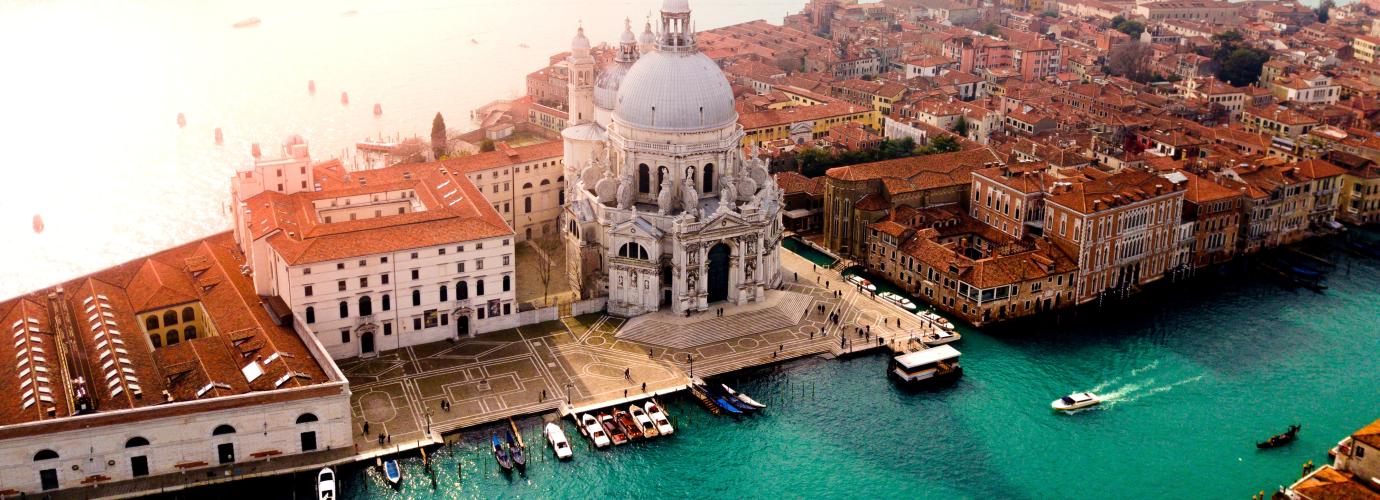Italy is a parliamentary republic. The President of the Republic is the higher office in the State, elected every seven years by the Parliament and the representatives of the Regions. The Parliament has the legislative power and it is made up of the Chamber of Deputies and the Senate of the Republic. The Government has the executive power and is made up of the President of the Council of Ministers and the Council of Ministers, which groups all the single Ministers.
The State and the 20 Regions have concurrent legislative power on certain issues, including education. However, some aspects of the education system fall under the exclusive legislative power of the State (e.g. for the definition of general standards) and others under the Regions (e.g. for the education and vocational training system). The organisation of education is decentralised to the local level.
According to the Constitution of the Italian Republic, education is accessible to everyone and compulsory education is free (art. 34). At present, compulsory education lasts 10 years (from 6 to 16 years of age). Education, at all levels, is accessible throughout the national territory. Italian is the official language of education; however, specific regulations allow the use at school of other 12 minority languages, spoken in some territories.
Contents revised: 7 March 2023

